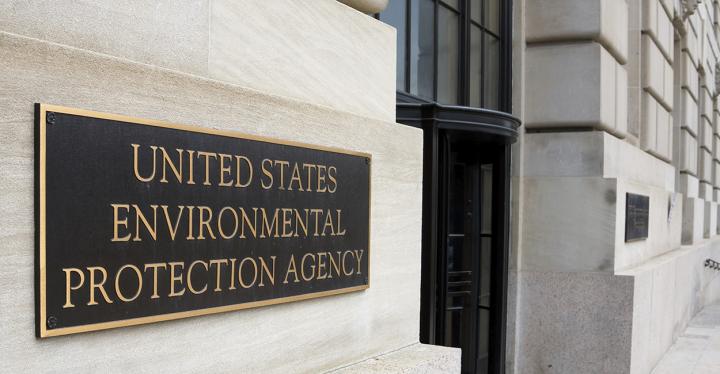
On Thursday, President Trump outlined his plans to slash 31% of the Environmental Protection Agency’s budget. The specifics on exactly what programs will be slashed in that included 31% reduction is still hazy, with no real detailed plan released by the White House. But, the bold statement beckons back to the Trump campaign theme to significantly reduce government spending in environmental and social services.
The Puget Sound region is part of the EPA’s Region 10 boundaries, which includes Alaska, Washington, Oregon, and Idaho. While a large percentage of the EPA’s budget does go to enforcement and staffing, there are equally large amounts of funding that go to partnership and grant projects such as ecological restoration, improvements to land-use practices, and monitoring. For the Puget Sound area, the EPA receives money from Congress each year to help protect and restore Puget Sound. They then distribute these funds through grants to state, local and tribal governments to help implement Washington's Puget Sound Action Agenda (the state's Comprehensive Conservation and Management Plan required under the Clean Water Act).
According to the Puget Sound Partnership and the Puget Sound Recovery Atlas, federal investments in the recovery of Puget Sound through this partnership since 1985 through 2016 has totaled $231,513,974, with state funds equaling $449,435,893, and matching investments at $229,033,959. In 2016, federal funds to help in Puget Sound recovery amounted to $8,376,594, down from $12,441,845 – a reduction by 32% in funding.

Under the Obama administration, between the years of 2009 through 2016, the average amount of federal spending per year has been approximately $12 million, with the highest investment of his term the first year of the administration at $17.86 mil. Interestingly, under the Bush administration in 2007, federal funds to the Puget Sound Partnership amounted to $17.278 mil. In the past 5 years, some of these projects have included salmon and other fisheries recovery, a partnership with the National Estuary Program (NEP) that seeks toxin and nutrient prevention and reductions, stewardship and education, watershed, marine, and nearshore protection and restoration – as well as many other essential Puget Sound protection programs.
It is still unknown exactly how a proposed budget reduction to the EPA, thus affecting Region 10 and the Puget Sound Partnership, will affect some of these important programs. But what is known is that many in the House and Senate are not pleased with this proposed budget, including a few Republican’s in Washington. According to NPR, a statement given by Congressman David Reichert (R) via his spokesperson read, “While I appreciate the administration’s support for the military and goal of reducing the federal budget, I do not agree with many of the proposed cuts.” According to Reichert, he supports “robust” funding for the environment, some social programs, and law enforcement. Trump wants to divert funds slashed at certain agencies to instead go to military spending.
The clear takeaway is that if the Trump administration cannot sway certain members in the Congress to pass his budget, it will be dead in the water. And if it does pass, Washingtonians will be cautious of those very waters, and rightfully so.


